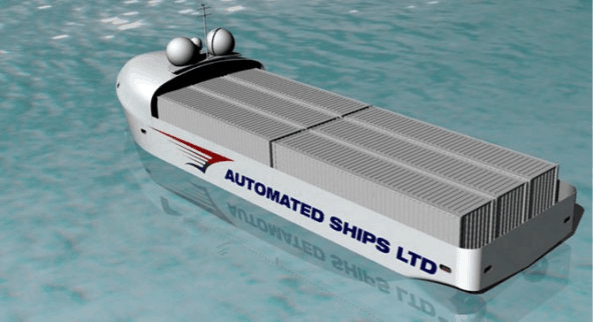How fast do you think digitalization should progress?
Digitalization, the information age, the informatics age – these are all concepts beyond the computer science age. The ways of accessing information differ, and human tastes and preferences have changed. The age of digitalization is a process that will offer unmatched convenience, efficiency and effectiveness. While undergoing a digital transformation, lots of data and information is needed. It is useful to remember that this transformation involves changes to your entire system and all your processes. It is planning a new business model.
During the COVID-19 pandemic, many of us have integrated our lives into a more digital age. Some companies became autonomous by removing manpower, while some of them were trying to find the best way to operate without human sources.
On April 30, 2020, Microsoft CEO Satya Nadella stated that the trend of digitalization continues at a much faster pace with the COVID-19 epidemic: “We have seen a two-year digital transformation in two months. From remote teamwork and learning, to sales and customer service, to critical cloud infrastructure and security, we work with our customers every day, helping them to adapt and do business in a world where everything is done remotely.”
For the digitalization revolution to become a reality for shipping, a number of critical questions need to be answered:
1. Which technology is needed and how can it be best combined to allow people to manage things autonomously?
2. How can autonomous vessels, websites, and email chains be made at least as safe as the current situation, and what new risks will the industry face and how can they be mitigated?

If possible, it’s time to question why we’re still where we are, as time is passing quickly.
In order to catch the change on time and increase global competitiveness, we have to transform new technology into higher productivity, high value-added production and high value-added exports.
Countries that turn their economies, sectors and companies into advantages are becoming important actors of the digital age. This change triggers an innovative process based on efficiency, from business models to production, from exports to qualified human resources. We all have important responsibilities in the effective implementation of innovative and integrated policies aiming at digitalization and making the necessary investments. Because in the new industrial revolution, efficiency, agility and competitiveness are determined by the codes of digitalization.




